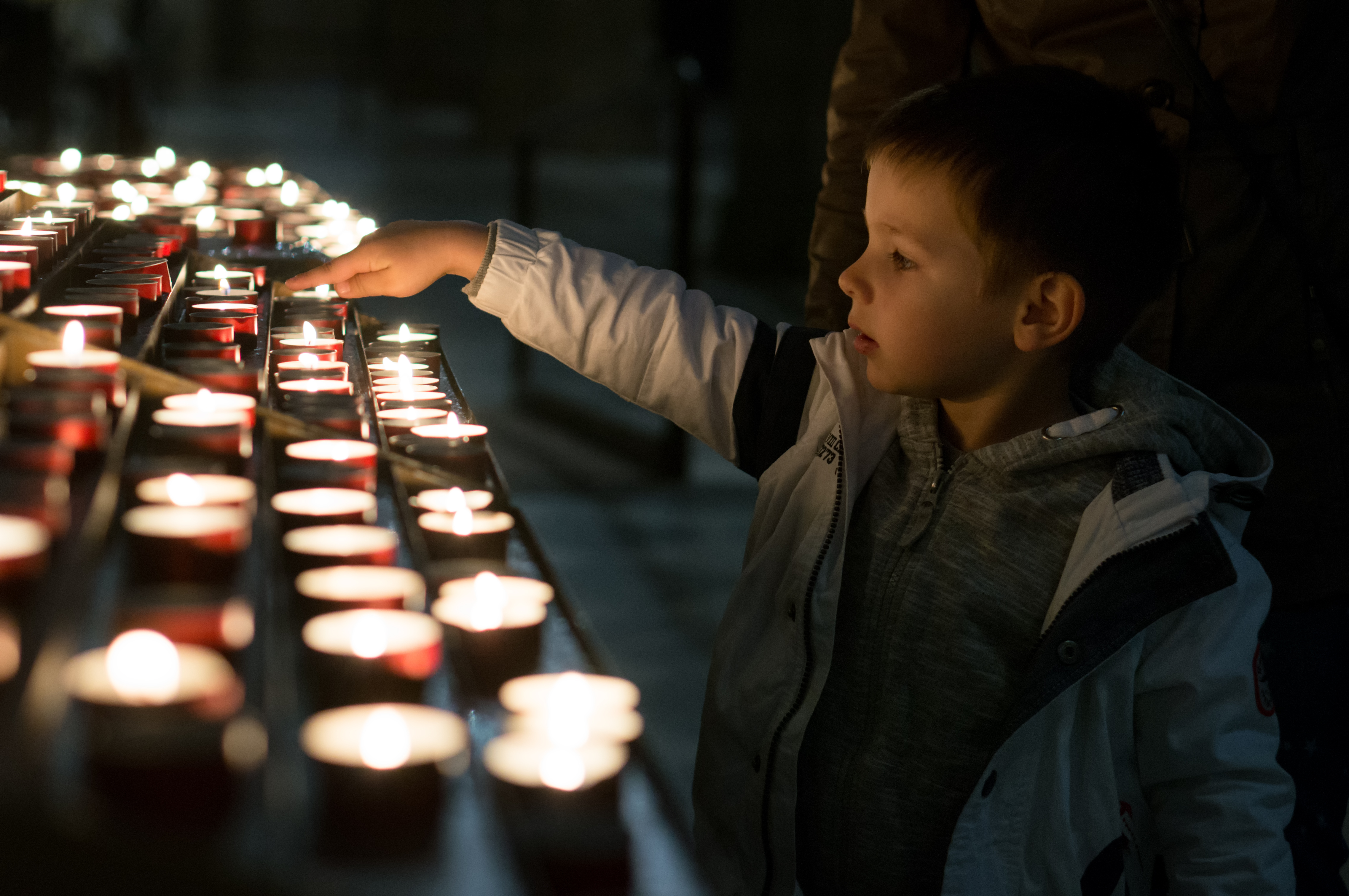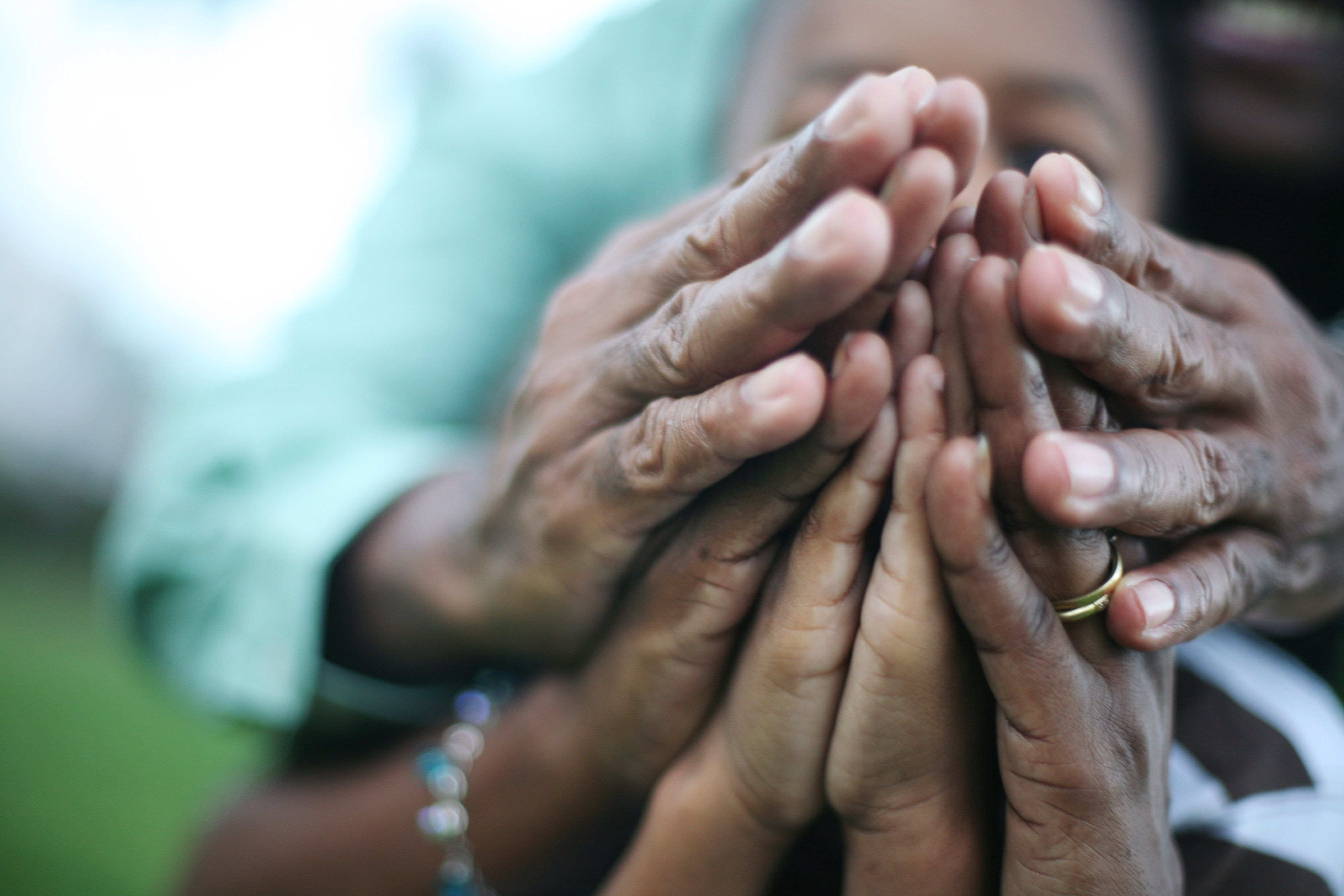Are you wondering how to grow in holiness this Lent, together with your spouse? Try following some advice from the Pope! In his homilies and addresses, Pope Francis has spoken quite directly about how husband and wife should treat each other, about prayer within the family, and other ways the family lives its identity as a “domestic Church.” So this Lent, why not commit with your spouse to try one of the following Lenten resolutions, based on words from the Holy Father?
1. Be courteous to your spouse. Use polite requests: “May I? Can I?” For example, “Would you like for us to do this?” and “Do you want to go out tonight?”
“To ask permission means to know how to enter with courtesy into the lives of others. …True love does not impose itself harshly and aggressively.” (Address to Engaged Couples, Rome, Feb. 14, 2014.)
2. Say “thank you” to your spouse. “It seems so easy to say these words, but we know that it is not. But it is important! … It is important to keep alive the awareness that the other person is a gift from God – and for the gifts of God we say thank you!” (Address to Engaged Couples, Rome, Feb. 14, 2014)
3. Ask forgiveness from your spouse. Say, “I’m sorry.”
“Let us learn to acknowledge our mistakes and to ask to forgiveness. ‘Forgive me if today I raised my voice’; ‘I’m sorry if I passed without greeting you’; ‘excuse me if I was late’.” (Address to Engaged Couples, Rome, Feb. 14, 2014)
“Never let the sun go down without making peace! Never, never, never!” (Address to Engaged Couples, Rome, Feb. 14, 2014)
“It is important to have the courage to ask forgiveness when we are at fault in the family.” (Address to Participants in the Pilgrimage of Families, Rome, Oct. 26, 2013)
4. Pray together with your spouse and family.
“Praying the Our Father together, around the table, is not something extraordinary: it’s easy. And praying the Rosary together, as a family, is very beautiful and a source of great strength! And also praying for one another! The husband for his wife, the wife for her husband, both together for their children, the children for their grandparents…praying for each other. This is what it means to pray in the family and it is what makes the family strong: prayer.” (Homily for Family Day, Rome, Oct. 27, 2013)
Pray to the Lord to “multiply your love and give it to you fresh and good each day.” Pray together, “Lord, give us this day our daily love.” (Address to Engaged Couples, Rome, Feb. 14, 2014)
5. Visit the elderly, especially your grandparents. “Grandparents are like the wisdom of the family, they are the wisdom of a people. … Listen to your grandparents.” (Address to Participants in the Pilgrimage of Families, Rome, Oct. 26, 2013)
“How important grandparents are for family life, for passing on the human and religious heritage which is so essential for each and every society!” (Angelus at World Youth Day, Rio de Janeiro, July 26, 2013)
6. Share the faith with others. “Christian families are missionary families. …They are missionary also in everyday life, in their doing everyday things, as they bring to everything the salt and the leaven of faith!” (Homily for Family Day, Rome, Oct. 27, 2013)
About the author
Bethany Meola is the Assistant Director of the USCCB Secretariat of Laity, Marriage, Family Life and Youth. She hopes to grow in holiness during Lent with her husband, Dan.







